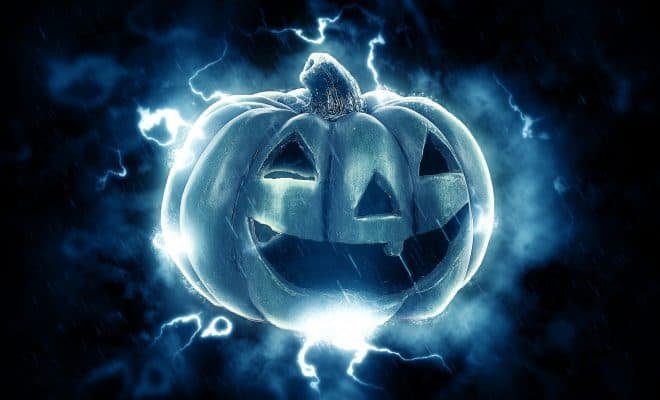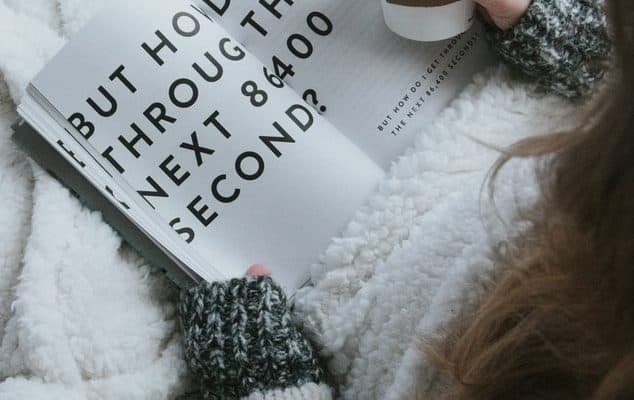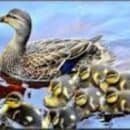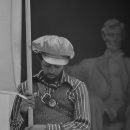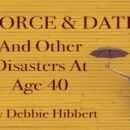The Psychology Inside the Sorting Hat
The Myers-Briggs Type Indicator (MBTI) is an effort to understand and utilize the theory of psychological types developed by C.G. Jung. Jung’s theory introduced in the 1920’s is that even variations in personality that seem totally random are consistent and orderly in relation to how individuals use judgement and perception. The MBTI was developed by Isabel Briggs Myers and her mother Katharine Briggs. Their goal was to make type theory available to individuals and groups, and by doing this, they identified the preferences of the four dichotomies specified in Jung’s theory.
They also identified and described 16 distinctive personality types that are derived from interactions among the individual’s preferences. Isabel Briggs Myers quoted Jung as saying, “Perception involves all the ways of becoming aware of things, people, happenings, or ideas. Judgment involves all the ways of coming to conclusions about what has been perceived. If people differ systematically in what they perceive and in how they reach conclusions, then it is only reasonable for them to differ correspondingly in their interests, reactions, values, motivations, and skills.”
One of my favorite ways that I have seen the MBTI utilized is through a test designed to sort individuals into specific houses from Harry Potter. After taking the MBTI and being classified as an INTP-T personality type, which is “The Logician,” I was sorted into Slytherin.
As someone who has been a die-hard Harry Potter fan for more than a decade, I was always disappointed with where I was sorted, which was usually Gryffindor or Ravenclaw. I have always been a sort of outcast, and it solidified the feeling of not fitting in when I was sorted into a house that didn’t reflect my personality at all. Sites like Pottermore only require you to click a button, and the sorting is randomized. Yet, when we read the Harry Potter books, we learn that each house is composed of people with specific traits, and usually the person being sorted is given some choice in where they are sorted. This is highlighted when Harry is being sorted and he silently begs the Sorting Hat to put him anywhere EXCEPT Slytherin.
Gryffindors are brave, daring, and chivalrous. The MBTI personality types that are generally sorted into Gryffindor are INFJ, ENFJ, ESFJ, and ESFP. These individuals are typically very independent, and they refuse to change their beliefs based on the views of others. They are daring, which often times causes them to find themselves in dangerous situations due to not looking before they leap. They believe in doing what is best for the greater good, even if that requires them to sacrifice themselves. Gryffindors are warm people who are focused on the needs of others, and they are not afraid to take risks to benefit those they care about. People who find themselves sorted into this house prefer to live in the moment, take chances, seek adventure, and push past their fears with little to no hesitation.
Slytherins are ambitious, cunning, and resourceful. Typically, people with the ENTJ, INTP, ESTP, and ESTJ personality types are sorted into this house. Individuals who are sorted into Slytherin are strong-willed. They are considered natural leaders, and have a natural ability to control just about any situation they find themselves in. Slytherins are assertive, strategic, and extremely logical people. Their ambition and drive to accomplish their goals define the people who find themselves sorted into this house. Slytherins are known for being stubborn, pretentious, sly, and thick-skinned. They know how to get a job done in the most efficient way, and they are typically unappreciative of people who exhibit incompetence.
Ravenclaws are intelligent, creative, and witty. This house is usually made up of personality types such as: ENTP, INTJ, ISTP, and ENFP. These folks value knowledge over anything else. They are able to adapt to any situation they find themselves in, and are natural problem solvers. Ravenclaws thrive in intellectual environments, and do best when they are surrounded by like-minded people. These individuals are typically strategic, analytical, and almost obsessive when it comes to learning new things. They are generally known for their ability to think outside of the box, and are usually considered to have a dark or warped sense of humor.
Hufflepuffs are hard-working, patient, and loyal. This house is made of people who possess the personality types of INFP, ISFP, ISTJ, and ISFJ. These individuals are caring, they seek justice above all else, and will go out of their way to do what is best for others; even if it hurts them. Hufflepuffs are generally seekers of harmony. They are gentle, conscientious, and kind. Keeping the peace, offering friendship to those around them, and working hard are some of the most defining characteristics of a Hufflepuff.
While being sorted into a Hogwarts house is fun and can allow us to feel closer to the characters we love, it would be a mistake to overlook the psychological implications associated with group prejudice when looking at ingroups and outgroups. When we think of houses like Slytherin, they are automatically considered to be the bad guys, because most bad people in the Wizarding World were products of Slytherin (I’m looking at you, Voldemort). When people experience the psychological weight that is attached to the ‘us versus them’ mentality that goes with in-groups and out-groups, they are more likely to stay in groups of people who are similar to themselves, while negatively judging those who are not part of their in-group.
We can clearly see the effects of this in real life when we look at attitudes and assumptions toward people of differing nationalities, races, and ethnicities. It is perfectly normal for people to crowd together in specific social groups, forming social hierarchies, and creating or modifying social norms. However, this can have both positive and negative effects for all involved.
You can find your Hogwarts house by taking the MBTI and then matching your personality type to the information listed above. This will also provide you with insight into your personality type, careers best suited for your personality type, and your psychological preferences.

